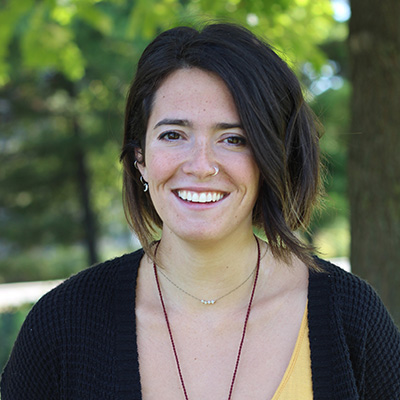Jesse Whattam

Relationships between Indigenous and non-Indigenous peoples, postcolonial studies, critical race theory, Canadian life and identity
Before beginning your studies at the Institute of Political Economy where did you study and what program(s) were you enrolled in?
I completed my undergrad at Trent University where I studied International Development Studies. I stuck around Trent after I graduated and worked in the Gender and Women Studies department as a research assistant.
What is it specifically that attracted you to study Political Economy at Carleton?
It was the Institute of Political Economy’s reputation of being a critical program that facilitated interdisciplinary learning and emphasized the importance of looking from and at diverse perspectives. I had a feeling I would be able to explore my interest in understanding power relations that shape our reality- I was not wrong!
My areas of research interest include…
My list of research interests is long, but for my time at Carleton I am focusing on how communities are building honest and equitable relationships between Indigenous and non-Indigenous peoples. Research in postcolonial studies and critical race theory recognizes that in order to disrupt the hegemony of settler colonialism, non-Indigenous Canadians need to see their complicity in the perpetuation of settler colonial structures. I am interested in the ways that settler Canadians’ understanding of nationhood, Canadian life and identity—their consciousness— is deeply intertwined with the structures of settler colonialism. As a settler-Canadian, my thesis project will seek to gain a greater understanding of which strategies and practices non-Indigenous people of Canada are engaging in to challenge hegemonic settler colonial structures.
What activities have you been involved in lately?
Through the Institute of Political Economy, I worked at the Canadian Centre for Policy Alternatives as a research assistant. Working at a progressive think tank was a great was to see the political economic theory we study in the classroom, playing out through policy and politics. Since arriving in Ottawa I have been working with the Fight for $15 and Fairness, which works to mobilize communities and advocate for workers rights. Also biking! Being in Ottawa can mean biking everywhere!
What advice would you give to a prospective Political Economy graduate student?
Prioritize your mental, physical and emotional well-being.